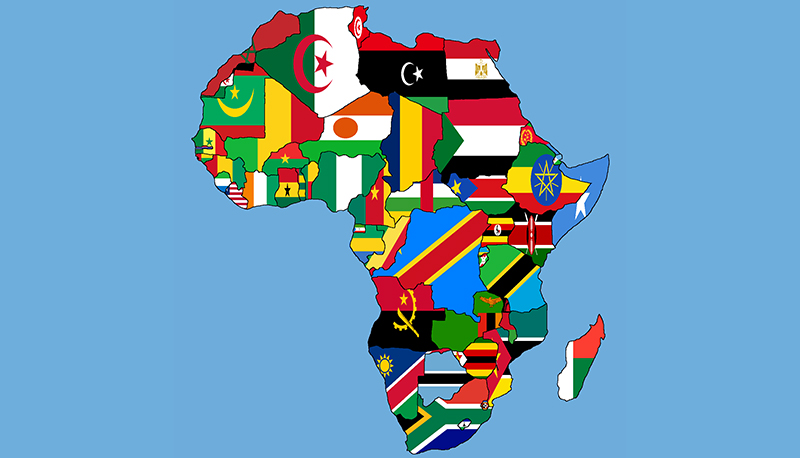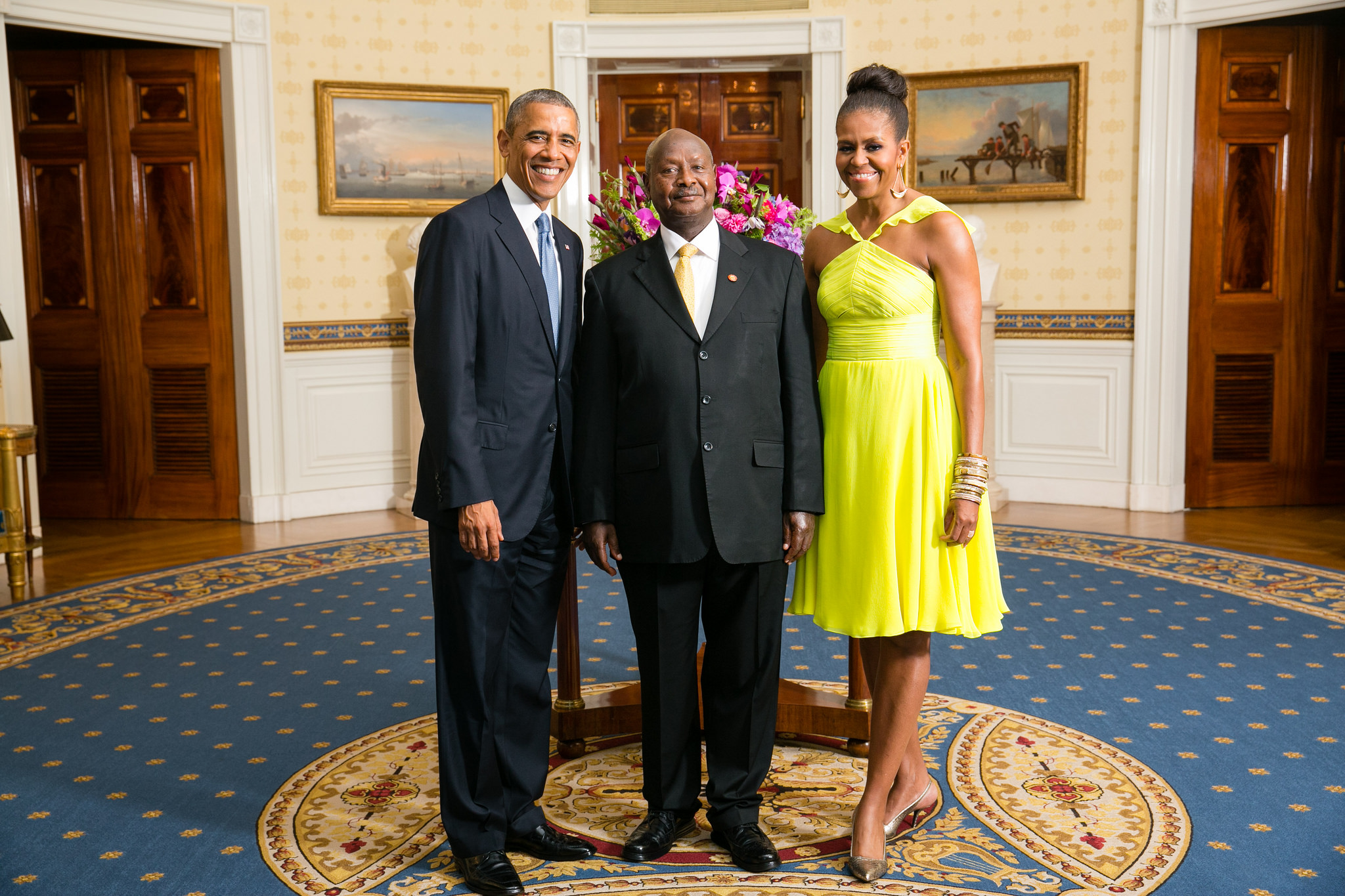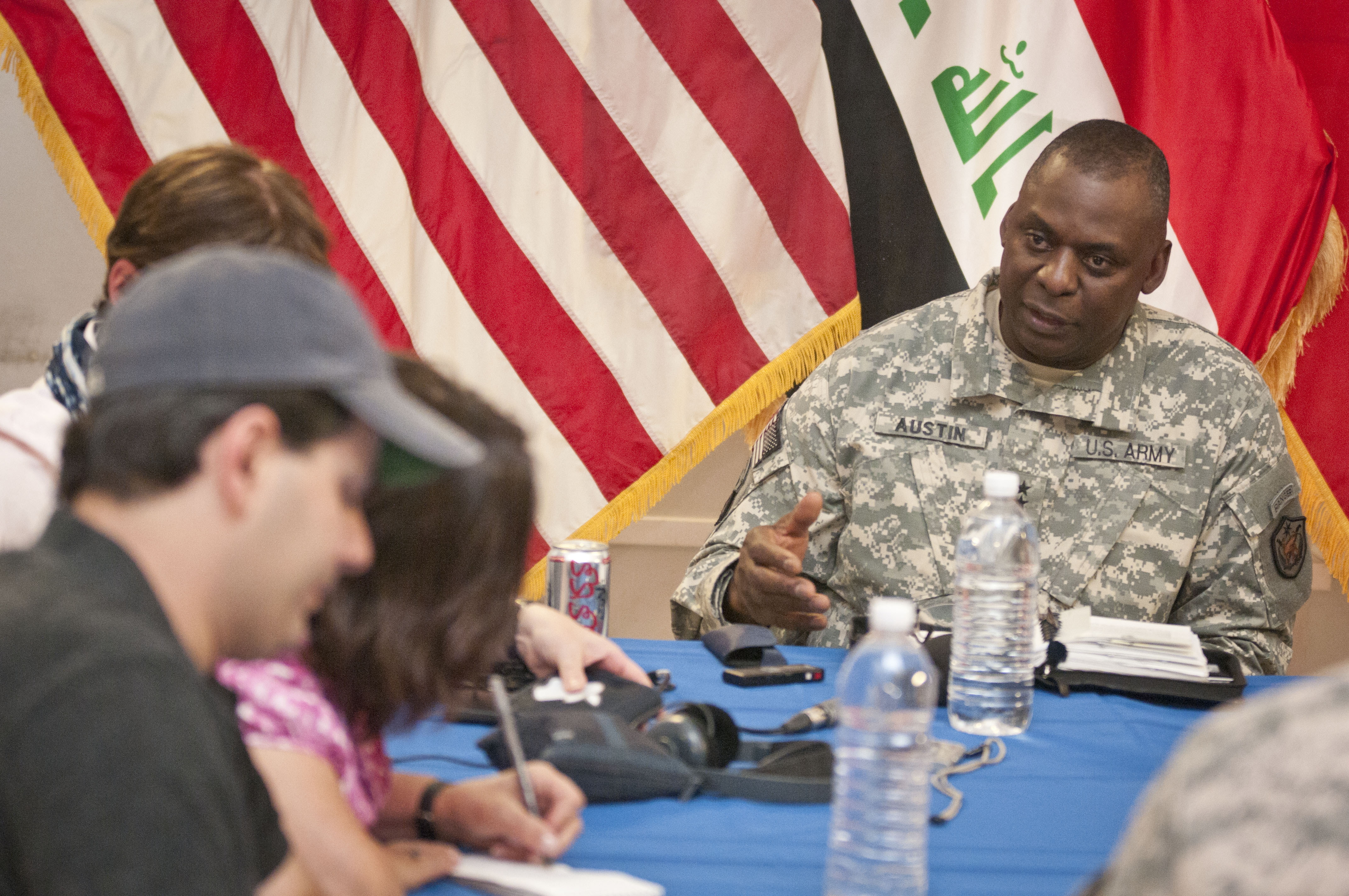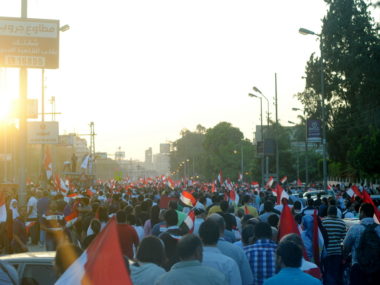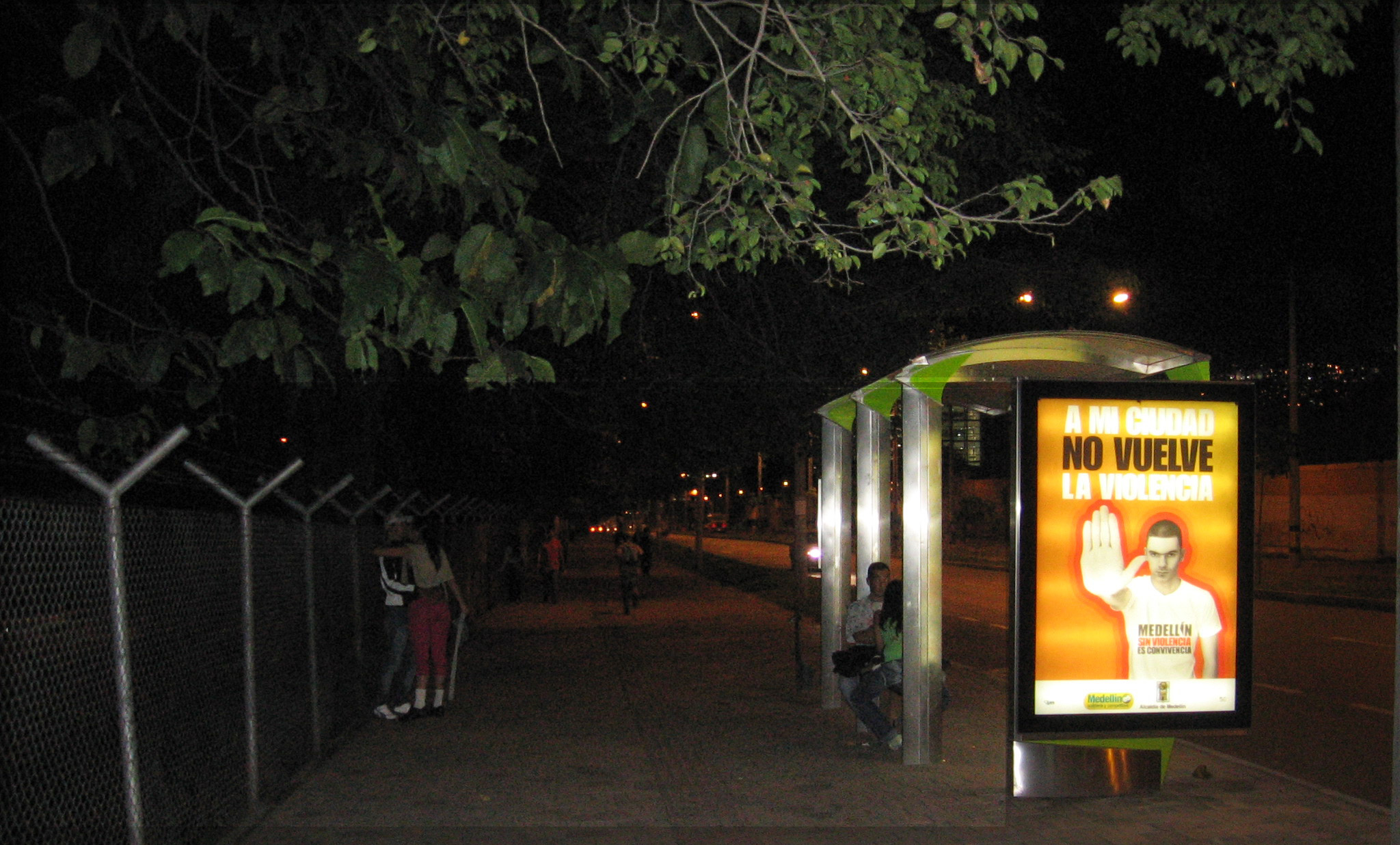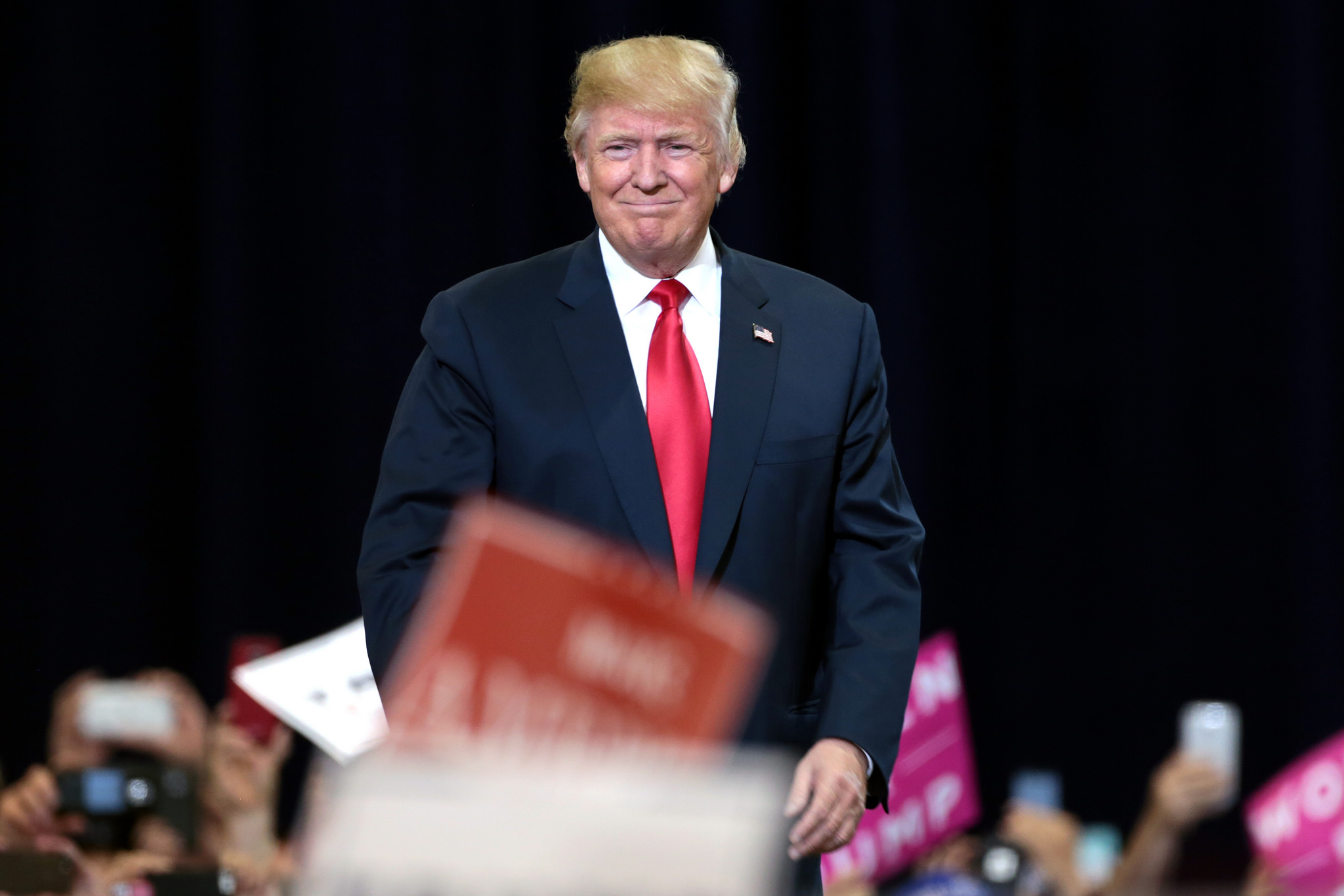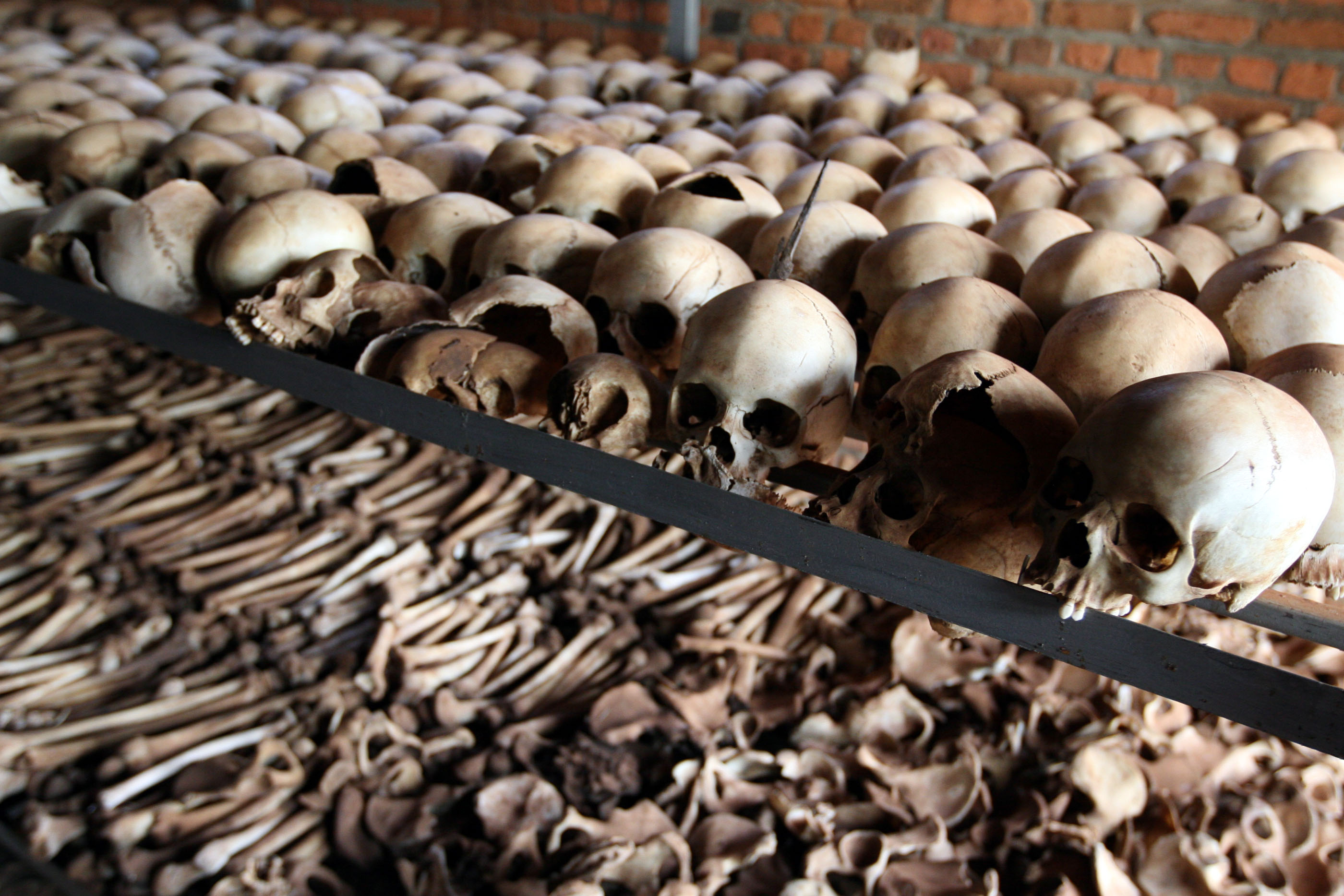Every now and then a group of political leaders gets together in an effort to address some issues that concern them, as well as occasionally to celebrate some monumental achievements. One such gathering will take place on December 13–15 with the convening of the US-African Leaders Summit in Washington DC. The objective of this gathering is to “build on our shared values,” which includes a wide range of political, economic, and social/cultural topics:
- Fostering new economic engagement
- Advancing peace, security, and good governance
- Reinforcing commitment to democracy, human rights, and civil society
- Working collaboratively to strengthen regional and global health security
- Promoting food security
- Responding to the climate crisis
- Amplifying diaspora ties
- Promoting education and youth leadership
While such events in general are much needed, it is especially the case that such a meeting with African leaders is very much needed as there are a variety of problems/issues that could use some attention. Unfortunately, there are four complexities regarding this meeting which will likely interfere with getting to the heart of what is ailing the continent. Three of them concern Africa and one concerns the United States.
First, political democracy in Africa is in, if not dire straits, then on the ropes. Limits to time in office is crucial to any conception of political democracy and African leaders are among the longest enduring on earth; in other words, African political leaders generally don’t leave once in office and when they do leave, some political violence is often involved.
There are clearly other issues: e.g., the lack of free and fair elections for many African nations as well as the limited opportunity for alternative political orientations to receive a chance at victory. Go to V-dem, pick a dimension and the region to check things out. It’s not good and it’s been getting worse lately. African leaders need to be reminded what institutions and practices are associated with political democracy as well as what it takes to get there.
Second, domestic human rights violations are against international and many domestic laws as well as something that the US government should not be supporting. African nations have some of the worst records regarding human rights violations/state repression. From one of the more reputable sources documenting human rights violations, Africa’s Political Terror Scale has been waxing and waning in the higher categories for quite some time, and the most recent data shows this continuing in many countries. Other sources reveal similar trends.
What should happen at the summit regarding human rights violations/state repression? African leaders must be reminded that torture, disappearances, and mass killing are not legal or acceptable ways to govern.
Third, international political violence and subversion of other governments should be discouraged but African political conflict and violence has in many ways defined the continent. While the recent cessation of violence in Ethiopia fills the current news cycle a violent conflict has been raging in the Congo off and on since the late 1990s with an incredible number of direct as well as indirect fatalities and a wide assortment of participants from within as well as outside of Africa.
What should happen regarding political violence and subversion of other governments? African political leaders must be reminded that nation-states are supposed to be independent and sovereign and that relations between them are supposed to be non-violent.
These issues should not be left in the abstract. No single African leader exemplifies the three problems discussed thus far as much as President Paul Kagame of Rwanda. Since taking office, Kagame has essentially eliminated all political challengers. Historically, he has gone to extensive lengths to locate, target, undermine and/or neutralize them—not just in Rwanda but also outside the country to the far reaches of the world. Most notably there is the case of Paul Rusesabagina, the hero of the Rwandan genocide having saved a thousand individuals featured in the film Hotel Rwanda. In this case, individuals associated with the Kagame regime illegally monitored communication and coordinated a coercive and forceful action that is best classified as kidnapping across multiple nations. As is fairly standard by now, the justification given by Kagame involved the perception of a behavioral threat. Evidence of a threat has been limited, however, which stands in stark contrast to the overwhelming evidence of kidnapping, which has resulted in admissions that border on pride. Although Rusesabagina is still in prison and healthy, he is still in a Rwandan prison which is generally not a good place to be.
There is also no viable or credible independent media in Rwanda. There is no independent judiciary to speak of. Civil liberties broadly conceived are limited. Rwandan prisons remain a mystery as few are given access and fewer are released to tell tales of what transpires within.
Taking Kagame and the Rwandan government to task at the upcoming summit will be complex for a variety of reasons. It’s difficult to put political leaders on the spot and hold them accountable under the best of circumstances but there are particular reasons for the United States to be especially cautious.
This bring us to the fourth point: the United States in general and Vice President Kamala Harris in particular must take a careful stance regarding any comments to the African leaders coming. There are two issues here.
On the one hand, the United States has been directly involved with the subversion of political democracy and facilitation of state-sponsored coercion in Africa since World War II. Indeed, joining the global reckoning with anti-racial violence, the United States should lead the way in acknowledging what role it has played. If this was done, I imagine that any comments regarding democracy, human rights, and interstate violence would be taken seriously. Without this admission, I fear that any critical commentary will fall flat with African leaders claiming hypocrisy. On the other hand, I acknowledge that the current “moment” is not really one where anyone could tell a group of Black people in general let alone some Black leaders from the motherland anything about what they should be doing. One might think that having the Vice President Kamala Harris convening the event (as an African American) might facilitate more truth-telling but in many ways this is Harris’ political debut on the international stage. In this context, I do not expect that Harris will tell it as it should be told. Rather, I expect more of a celebratory atmosphere.
What should happen regarding US involvement in subversion of political democracy? The United States should lead by example, reveal its complicity with prior as well as current problems, including its continued support for Kagame despite the treatment of Rusesabagina and other repressive activity, and its training of police forces around the world that subsequently engage in violent behavior.

